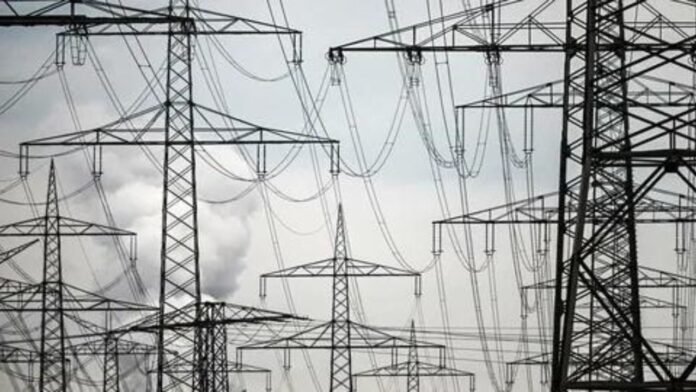The administration is planning another hit on the inflation-riddled people by increasing electricity price. This increase can put an additional strain on an average consumer’s budget, as inflation is already burdening homes.
Proposed Electricity Price Increases
The Central Power Purchasing Agency (CPPA) has applied to the National Electric Power Regulatory Authority (NEPRA) for a rise in electricity prices. The suggested increase is 2 rupees and 10 paisas per unit and it has been asked under Fuel Cost Adjustment (FCA). Fuel Costs are prone to change every month and the electric companies have this mechanism to adjust their rates according to that. The hearing for this application will take place on July 31 after which if approved NEPRA will notify making it effective throughout Pakistan.
Specific Increase for Karachi Electricity Price
K-Electric being the main power supplier in Karachi has submitted a separate request in NEPRA asking for an increase of Rs5.45/unit under FCA specifically for the May and June months. A hearing of this appeal will be held on July 30 by NEPRA.
Reasons Behind The Price Increase
Both CPPA and K-Electric have demanded these increments through monthly fuel cost adjustments. They need these adjustments because fuel costs for power generation frequently change. This process allows them to pass the increased charges onto consumers, enabling them to sustain operations.
Increasing fuel prices
There has been a worldwide surge in fuel costs affecting greatly upon electricity production expenditure. This rise owes its cause to several things including geopolitical conflicts, and breakdowns within supply chains among others heightened by economic recovery following the Covid-19 pandemic. In order not to bear the brunt financially due these developments alone; the proposed increase wants to take away all money from electric utilities but only part of it thus helping deal with higher costs associated with this matter.
Financial Hardship
For ordinary people, these increments mean paying more money each month as electricity bills. Such a move could impose an additional financial burden, given that people are already struggling with inflation. Households will need to allocate a larger portion of their budget to pay for power supply, which will reduce their purchasing power for other essential needs.
Regional Disparities
. This city presents unique challenges and demands being one of the largest cities by population size in Pakistan. It’s also a major economic hub in the country therefore different regions have different levels of income which can cause inequalities among them hence charging higher rates for consumers living there could worsen these disparities even further.
Regulatory Process
NEPRA plays a crucial role when it comes to regulating tariffs as well as ensuring that any changes made are reasonably transparent. The public hearings slated for the 30th and 31st of July provide an opportunity for stakeholders such as consumer rights bodies to give their feedback or concerns.
Ending
Among soaring inflation, this shows the intricate link between worldwide energy costs, country-wide regulations, and internal economic climate when governments get ready for escalation of current charges for power. Although these modifications are meant to ensure money-making capability in electric service providers, they may also disadvantage an already inflation-hit population. What happens next at NEPRA hearings will determine how much effect it will have on people and what ultimately comes out as the final decision; such rulings must consider both the consumer’s financial health against the provider’s solvency.


